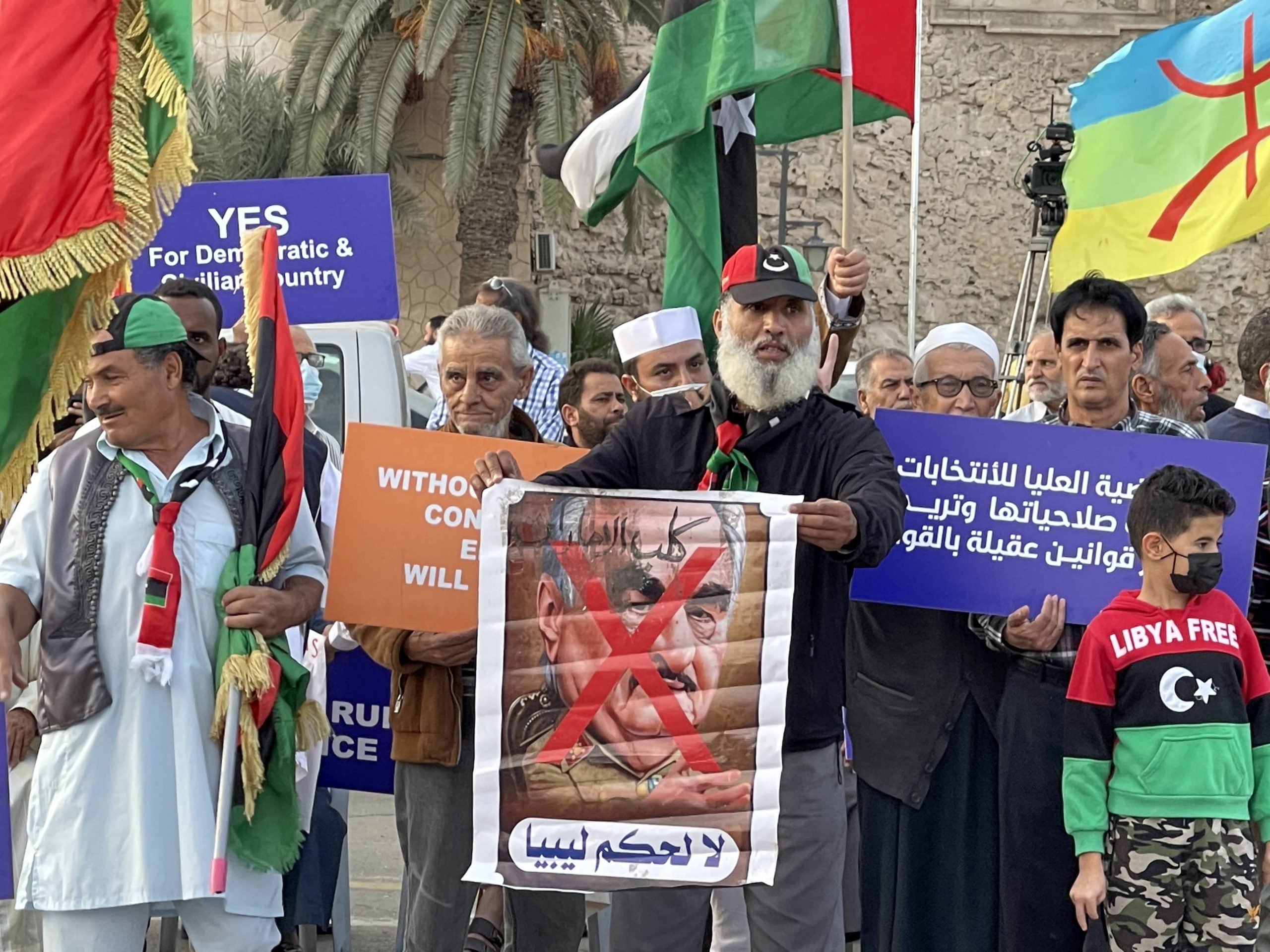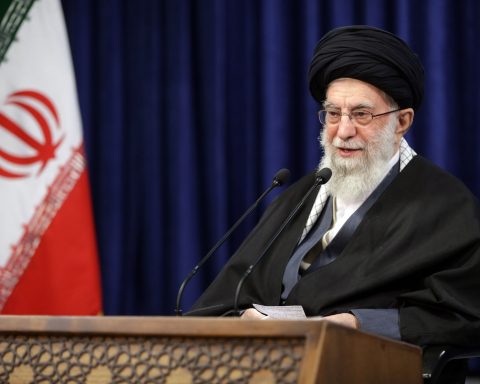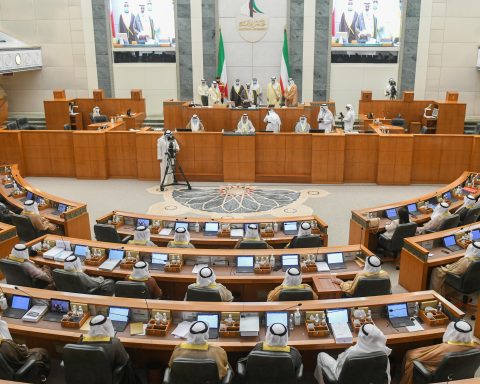There is a short time left for the 24 December presidential elections in Libya. As the elections approach, the debate over the election law enacted by the eastern House of Representatives (HoR) led by Aguila Saleh increases. In this context, the candidacy of Saif al-Islam Gaddafi, son of ousted leader Muammar Gaddafi, was rejected last week. Saif al-Islam was on trial by the International Criminal Court (ICC) and the Office of the Chief Military Prosecutor for the murder of large numbers of civilians and various war crimes during the anti-regime demonstrations that started in February 2011.
In the last major development, the candidacy application of the Prime Minister of the Government of National Unity (GNU), Abdul Hamid Dbeibeh, was canceled upon the objection of former Interior Minister Fathi Bashagha, one of the presidential candidates. The reason behind the appeal is on the grounds that he did not comply with the condition of resigning three months before the elections according to the 12th article of the controversial election law.
Meanwhile, the Tareq bin Ziyad militia group affiliated with warlord Khalifa Haftar’s 115th Brigade surrounded the Sebha Appeals Court on Monday, preventing judges from attending the hearing in order to prevent the objection of Saif al-Islam Gaddafi’s lawyer to cancel his candidacy application.
After this anti-democratic initiative, people took to the streets in the western and southern part of Libya to protest warlord Khalifa Haftar and his militia groups. After intense protests, militia groups withdrew from the Sebha Court but targeted the judges soon after. The court postponed the hearing for the third time due to threats against the judges by militia groups affiliated with Haftar. In addition to this, Mohamed Bishr, the Sebha Security Director, accused Haftar and his son Saddam of the events in Sebha. Bishr stated that the Tareq bin Zayed battalion of Saddam Haftar blocked the roads to the Sebha courthouse and undermined the election process. Stating that they took judicial measures against Haftar’s attempts, Bishr also expressed that they filed a complaint with the Chief Prosecutor’s Office.
While these developments were taking place, Haftar’s candidacy application was rejected by the Zawiya Court of Appeal due to his past war crimes. Similarly, in November, the military court in Misrata sentenced Haftar to death for the 2019 military college attack. On the other hand, Libyan Interior Minister Khaled Mazen pointed out the events in Sebha and stated that the security environment was not suitable for the progress of the election process. At the joint press conference with Minister of Justice Halima Abdul Rahman, Mazen touched upon some violations in Ajdabiya and Tripoli. Mazen also stated that the Ministry’s attempts to ensure security were blocked.
Protesting against the controversial election law, violations and corruptions on the grounds, and the election without a universally accepted constitution, Libyans targeted the HNEC, due to accepting the candidacy of war criminals and overstepping its authority. With the demonstrations that started in Tripoli, Misrata, Sabha and other cities, many Libyans demanded the postponement of the elections and the creation of a constitution. 26 of 98 candidates who applied for candidacy in Libya were rejected. However, discussions on the nomination criteria are still ongoing.














